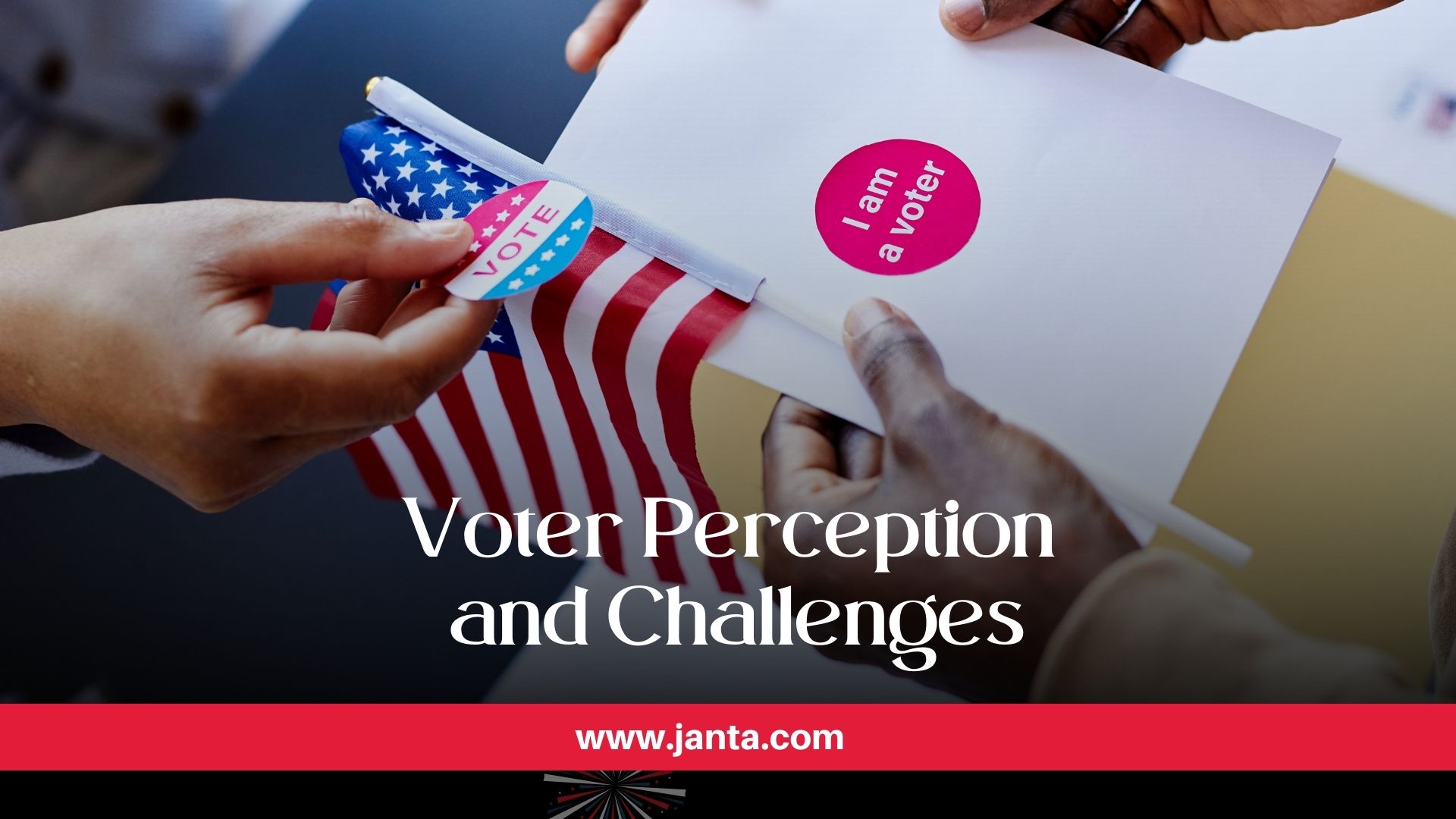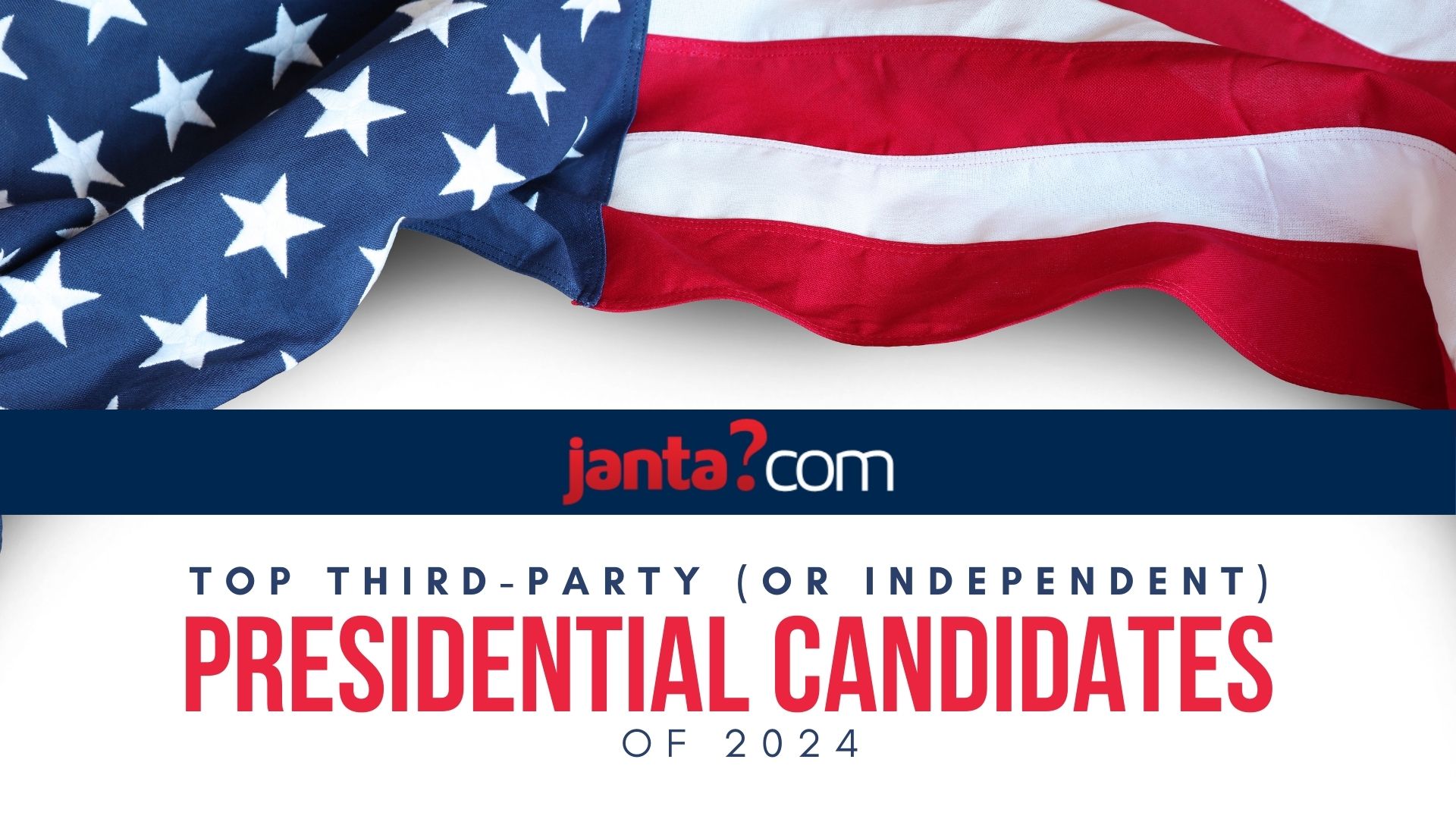The US political landscape is predominantly shaped by the Democratic and Republican parties. However, third-party and independent candidates play a crucial role in offering alternatives to this two-party system. With growing voter disillusionment towards the major parties, the 2024 presidential election has seen a notable rise in interest in these alternative options.
This trend underscores the electorate’s desire for diverse political representation and fresh perspectives on pressing issues. In this article, we will explore the top third-party and independent presidential candidates of 2024.
Who are Third-Party and Independent Candidates?
Third-party candidates represent political parties outside the mainstream Democratic and Republican entities, such as the Green Party or the Libertarian Party. Independent candidates, on the other hand, run without any party affiliation, relying solely on their personal platforms and grassroots support.
Historically, notable third-party campaigns include those of Theodore Roosevelt’s Progressive Party in 1912 and Ross Perot’s independent runs in 1992 and 1996, which significantly impacted the electoral outcomes and brought attention to issues otherwise overlooked by the major parties.

Criteria for Top Candidates
Several key factors influence who gets to compete in the presidential run. Popularity among voters, fundraising capabilities, media presence, and the clarity and appeal of their policy platforms are crucial.
Additionally, their ability to gain ballot access across multiple states and the overall impact they could have on the election’s outcome are significant considerations. Let’s discuss the top three presidential candidates in the 2024 race other than democratic President Joe Biden and Republican Donald Trump.
Candidate 1: Robert F. Kennedy Jr.
Background Information
Robert F. Kennedy Jr., the son of Robert F. Kennedy and nephew of President John F. Kennedy, is an environmental lawyer and author known for his vocal stance on various health and environmental issues.
As the leader of the Children’s Health Defense, he has been a prominent anti-vaccine activist. In his 2024 presidential bid, Kennedy has chosen tech lawyer Nicole Shanahan as his running mate, bringing substantial financial resources to his campaign.
Campaign Positions
Kennedy’s campaign revolves around several notable positions:
Censorship: He aims to dismantle what he calls the “censorship-industrial complex,” criticizing Big Tech’s role in suppressing dissenting voices.
Police Reform: He wants to transform police training to focus on de-escalation and mediation, partnering with neighborhood organizations.
Health: He puts strong emphasis on reducing chronic disease rates among children, controversially linking vaccines to autism.
Candidate 2: Cornel West
Background Information
Cornel West is a progressive activist and author running as an independent candidate. Initially announcing his candidacy with the People’s Party, he later sought the Green Party nomination. West’s campaign centers on addressing the needs of poor and working-class Americans, which he believes are neglected by both major parties.
Campaign Positions
West’s platform includes radical changes aimed at social and economic justice:
Economic: He proposes a wealth tax on billionaires, a national $27 minimum wage, and a commission to explore Universal Basic Income.
Work and Family: He stands for mandatory six-month paid family leave, a four-day work week, and free pre-K childcare.
Environmental: He wants to call for an immediate halt to all new oil and gas projects on federal lands and a moratorium on fracking and other controversial technologies.
Healthcare and Reproductive Rights: He seeks to codify abortion rights into the Constitution and nationalize the healthcare and pharmaceutical industries.
Candidate 3: Jill Stein
Background Information
Jill Stein, a physician and environmental activist, is running as a candidate for the Green Party. Having previously run for president in 2012 and 2016, Stein criticizes the two-party system as broken and unresponsive to the needs of the people. She initially supported Cornel West’s Green Party campaign before launching her own bid after West chose to run independently.
Campaign Positions
Stein’s campaign revolves around comprehensive reforms:
Economic Rights: She wants to establish an Economic Bill of Rights, ensuring access to living-wage jobs, housing, food, healthcare, and education.
Green New Deal: She advocates for massive investments in green jobs, industries, and technologies.
Social Justice: She aims to end systemic discrimination against marginalized groups and promote equity.
Foreign Policy: She promotes diplomacy and international law to end ongoing conflicts and oppose violence and occupation globally.

Voter Perception and Challenges
Third-party and independent candidates often have to face significant hurdles in gaining traction. Voters may perceive them as spoilers who could split the vote and inadvertently help one of the major party candidates.
Media coverage and access to debates are also substantial challenges, as these candidates typically receive less attention than their major-party counterparts. Nonetheless, their presence brings diverse issues to the forefront and can galvanize segments of the electorate seeking change.
Electoral Impact and Potential Scenarios
The influence of third-party and independent candidates can be substantial, particularly in close races. Historical examples, such as Ralph Nader’s 2000 campaign, illustrate how they can alter the outcome by drawing votes away from major candidates.
In 2024, candidates like Kennedy, West, and Stein could impact key battleground states, potentially leading to unexpected results. Current polling data and the candidates’ ability to mobilize voters will play a critical role in determining their influence.
In Summary
Third-party and independent candidates are vital forces of the democratic process, offering alternatives and challenging the status quo. In the 2024 election, their presence underscores the electorate’s desire for new voices and solutions. While they face significant obstacles, their campaigns can shape political discourse and influence the direction of the election.
As voters, staying informed and engaging in discussions about alternative political options is what’s going to help us build a better future. Understanding the platforms and potential impact of third-party and independent candidates empowers citizens to make more informed decisions, ultimately strengthening the democratic process. For more interesting content, follow Janta.
